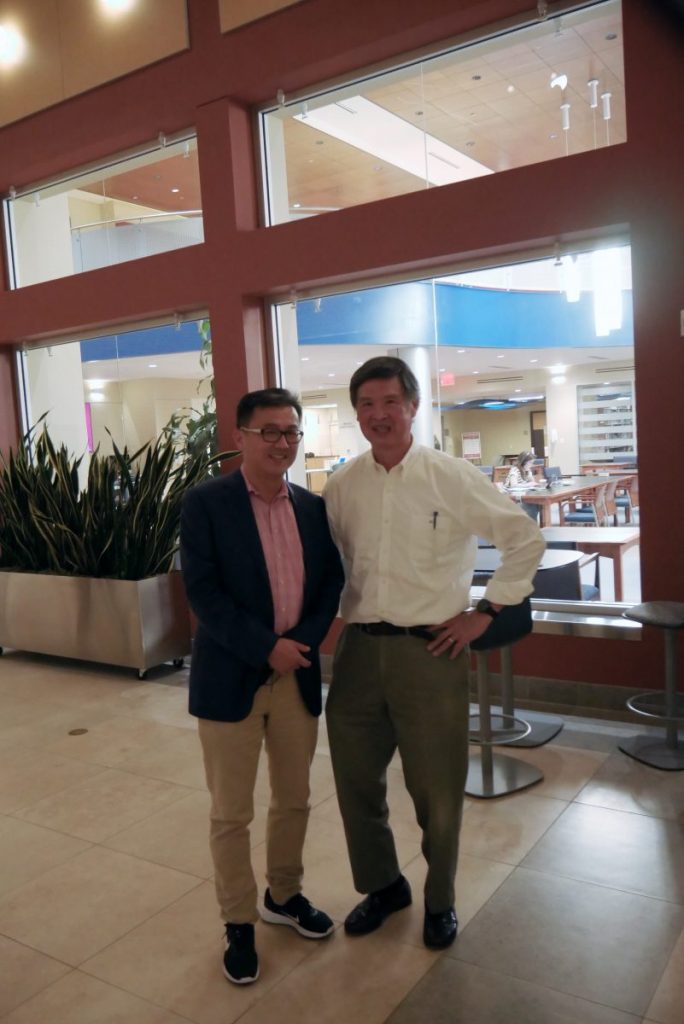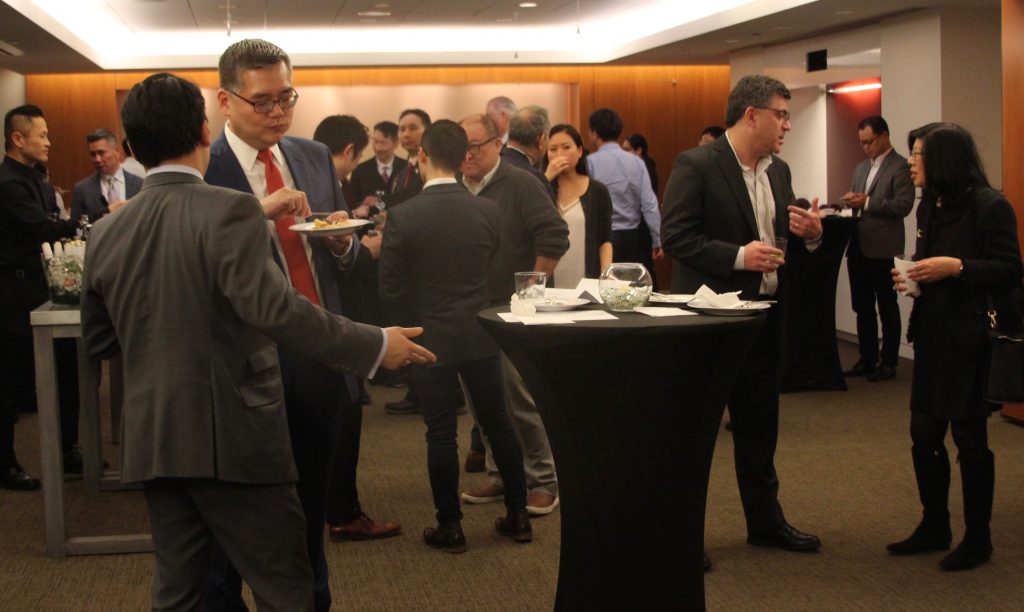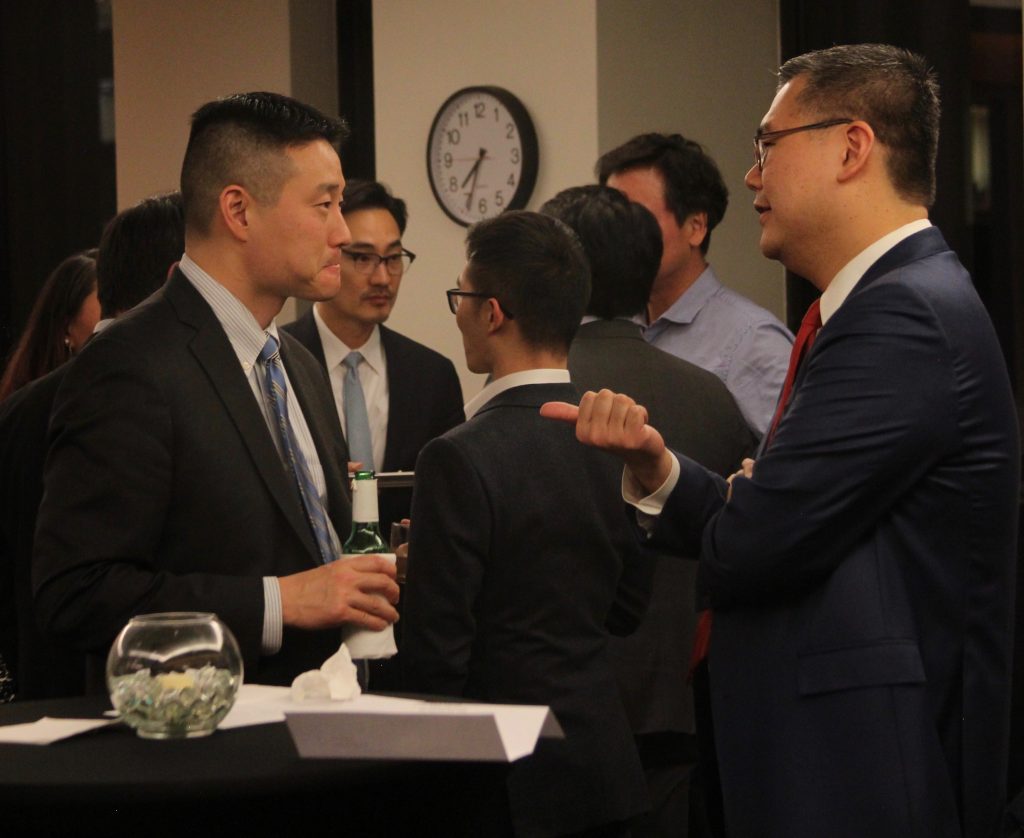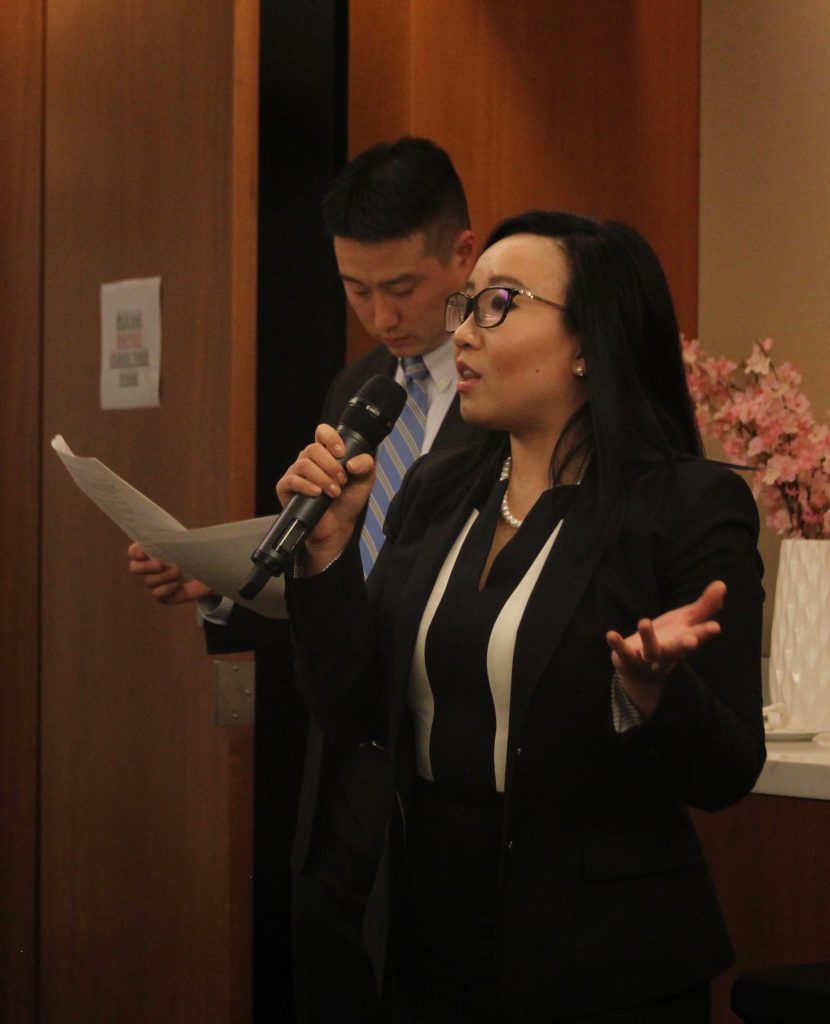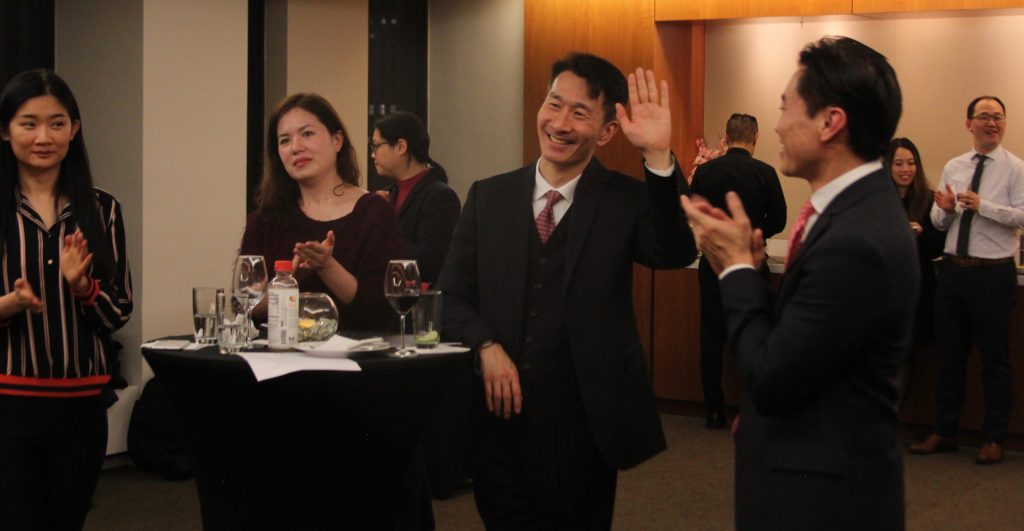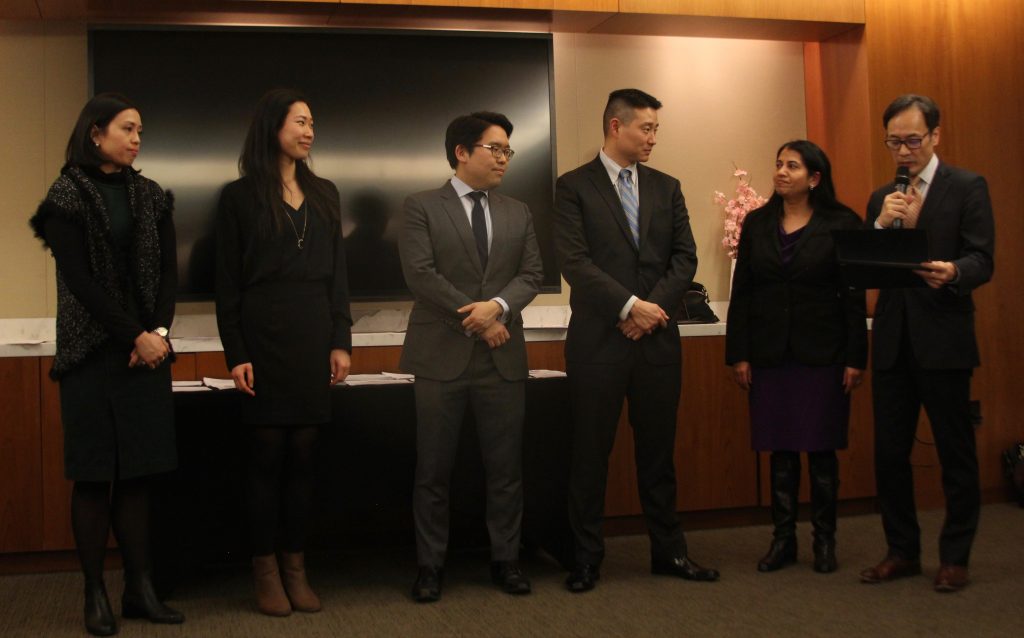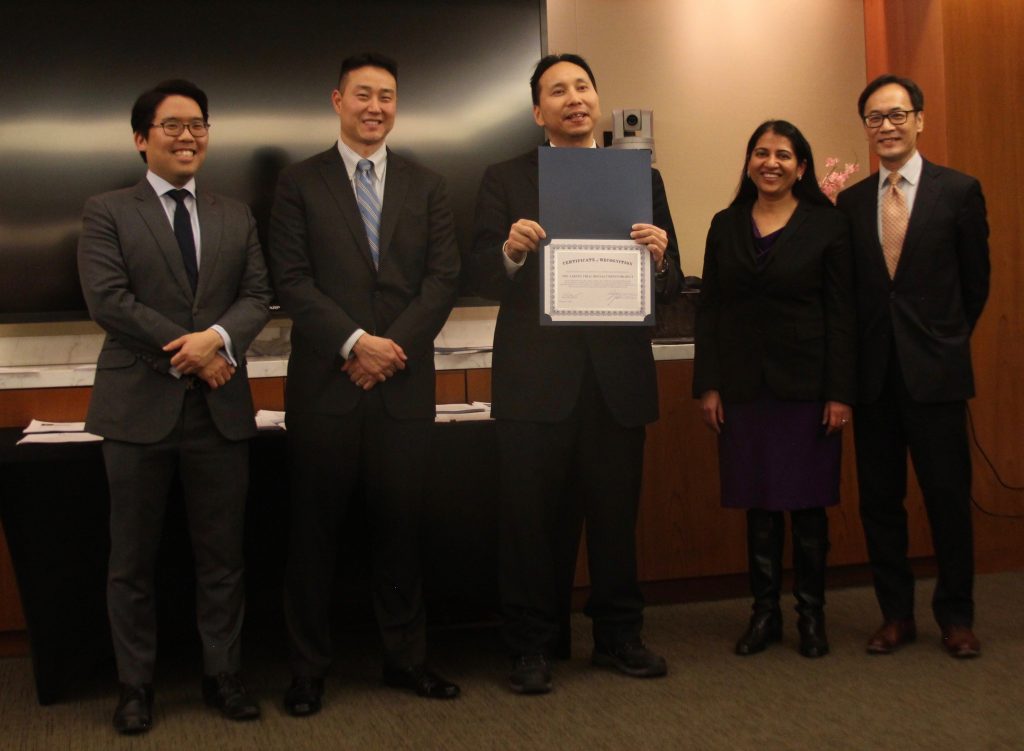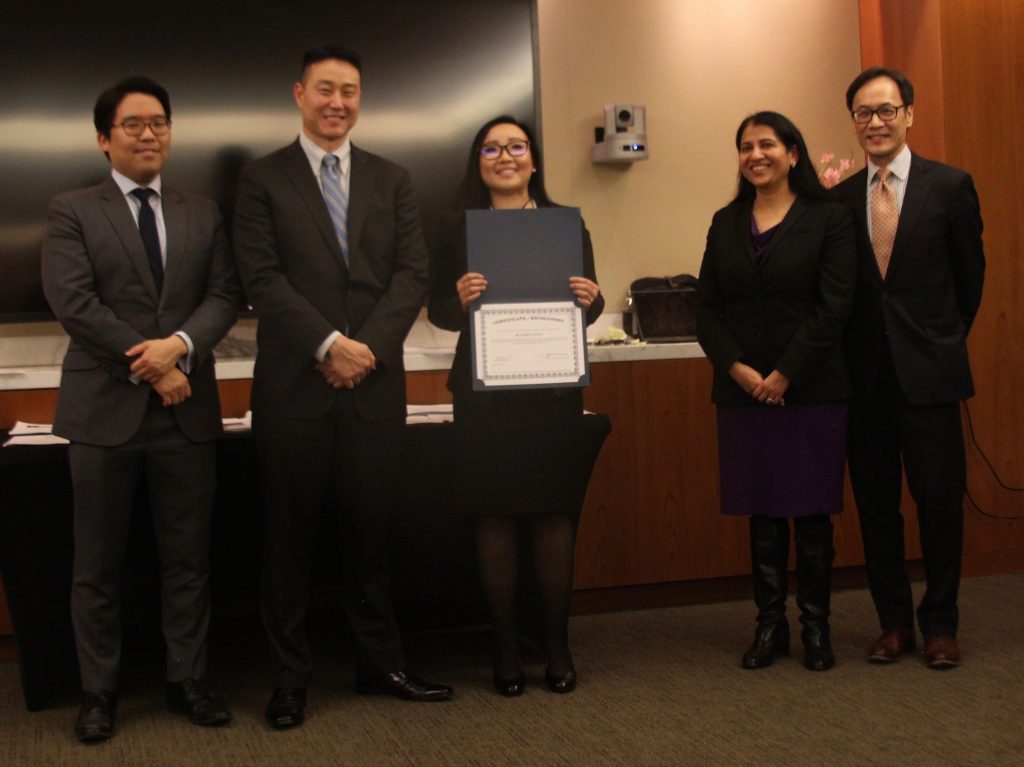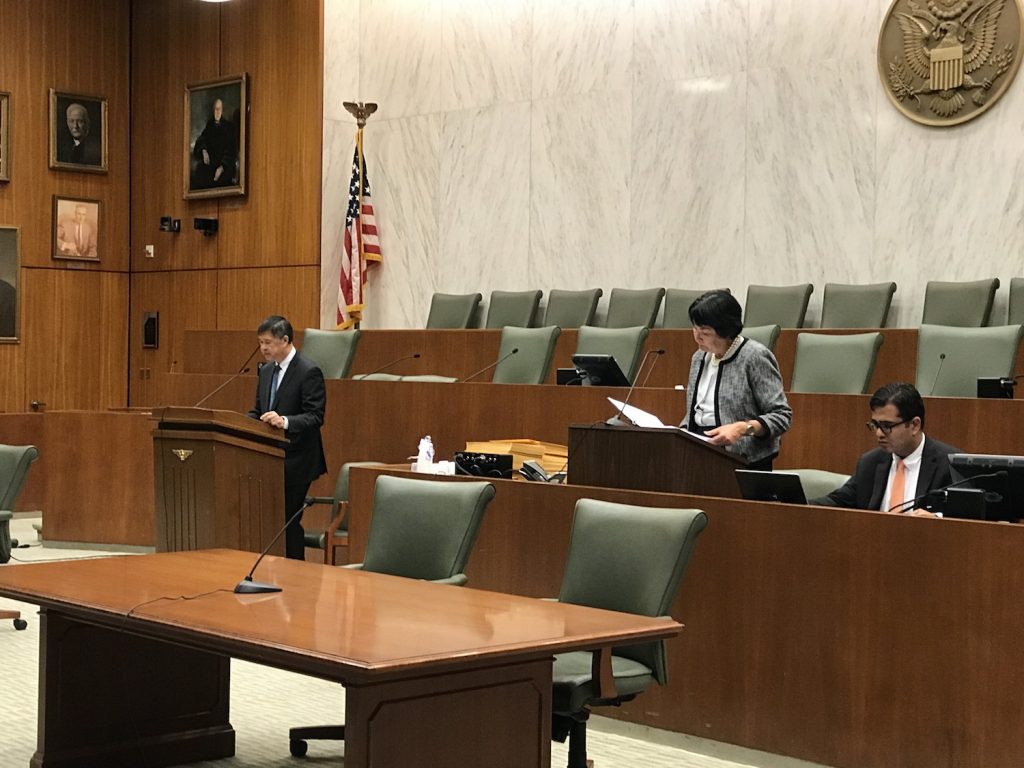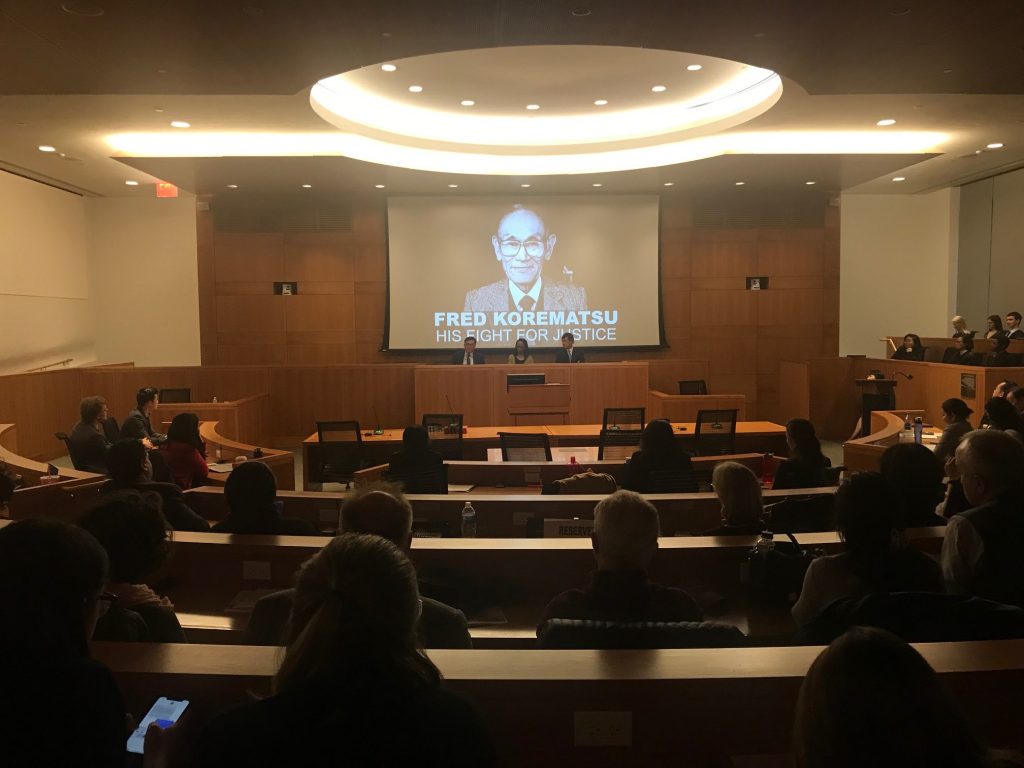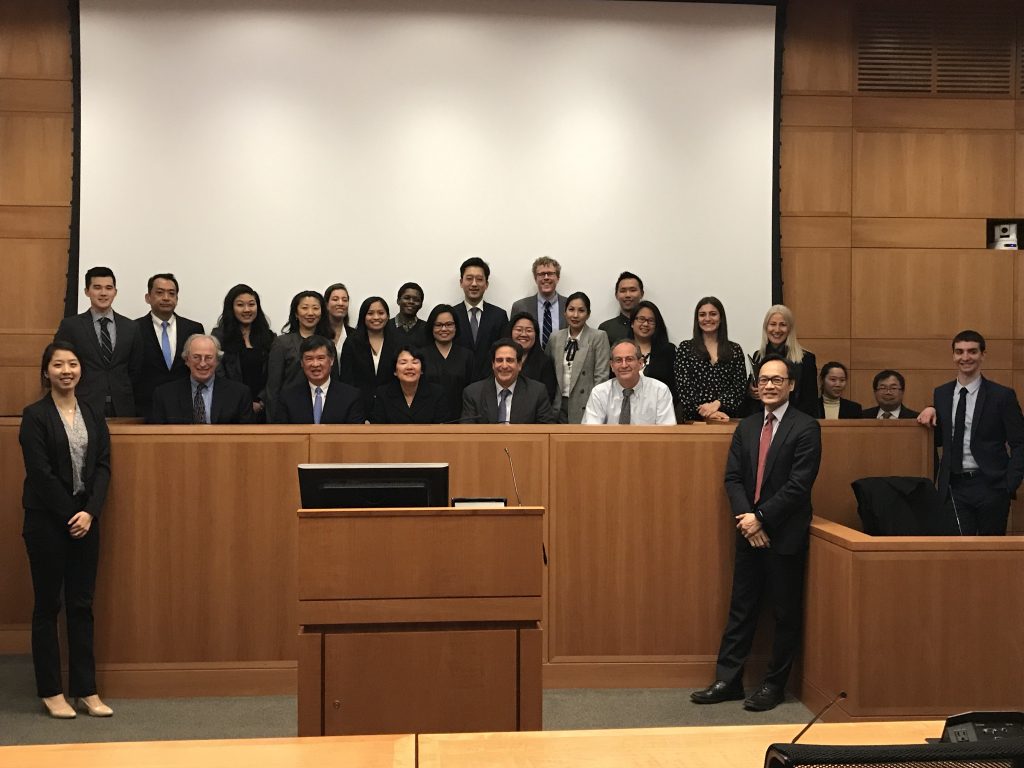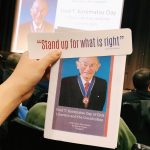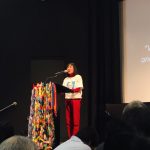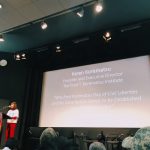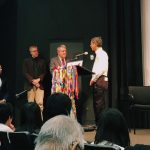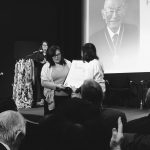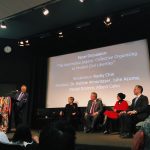On September 29, 2022, Fordham Law School Professor Thomas H. Lee and 2nd Circuit U.S. Court of Appeals Judge Denny Chin presented a screening of the documentary “Free Chol Soo Lee” at Fordham University’s Lincoln Center campus. Professor Lee currently co-chairs AABANY’s Academic Committee. Judge Chin served as AABANY’s President from 1992 to 1993.
Judge Chin and Professor Lee hosted the screening in collaboration with Fordham Law School’s Center on Asian Americans and the Law. Judge Chin, Kathy Hirata Chin, Professor Thomas H. Lee, and other Fordham faculty members worked together to establish this new center earlier in 2022. The Center on Asian Americans and the Law is dedicated to promoting public education on the legal history of AAPIs, serving as a research hub for AAPI legal issues, and coordinating public advocacy and outreach efforts through law firms, corporations, and the public to advance justice for the AAPI community as a whole.
The 2022 documentary “Free Chol Soo Lee,” by Julie Ha and Eugene Yi, tells the story of the pan-Asian, grassroots movement which mobilized in the ‘70s and ‘80s to assist Chol Soo Lee, a Korean immigrant who was wrongfully convicted for the 1973 murder of San Francisco Chinatown resident Yip Yee Tak. “Free Chol Soo Lee” follows the formation of the defense committee which came to Lee’s aid, along with the efforts of community members and attorneys who worked tirelessly to free Lee from prison.
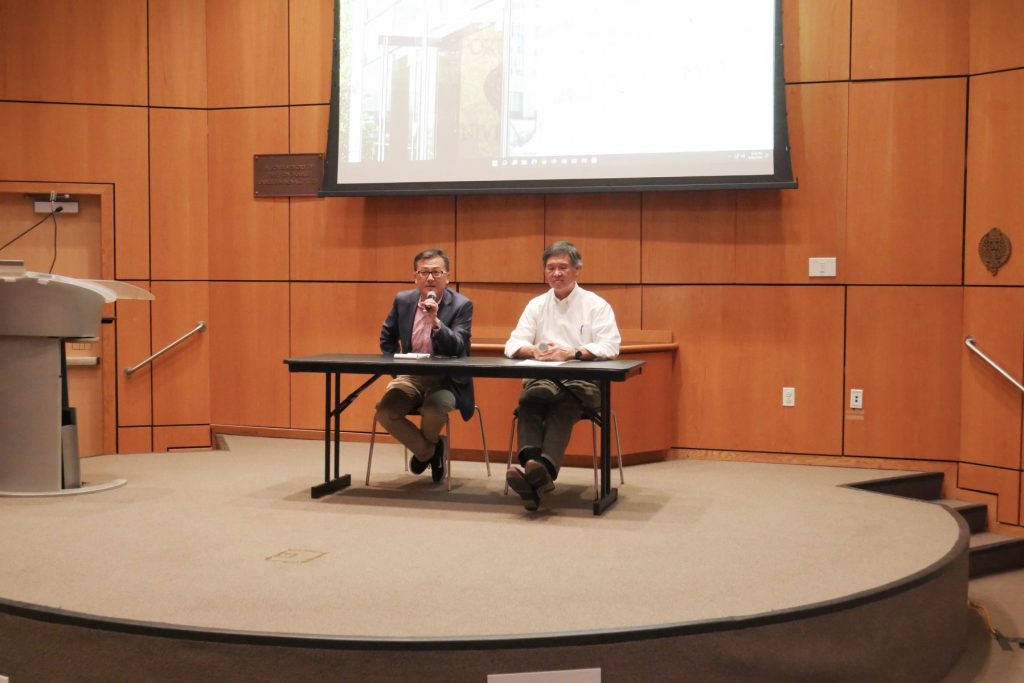
After the movie screening, Professor Thomas H. Lee held a Q&A session with Judge Chin. Judge Chin first spoke to the grim ending of the documentary, which covers the post-release struggles which faced Chol Soo Lee in his adjustment to freedom. Judge Chin noted that, “In recent years, a lot of re-entry courts have popped up. We started a re-entry court [The RISE Court] in the Southern District of New York in 2019 …. It’s such a terrific program. We had our second session of this group just yesterday, and we had three graduates talk to these guys [the enrollees of the current RISE Court cohort presided over by Judge Chin]. We’re up to five RISE courts in the New York City area.” Judge Chin stressed the important role which systems of support must play even after a person has been released from prison.
Professor Lee capped off the event by asking Judge Chin a question geared towards law students and practicing attorneys: “How can law students and lawyers get involved [in issues of wrongful conviction such as that in the documentary]?”
Judge Chin responded by reflecting on the effects of the movement around Chol Soo Lee on Asian American communities: “The real positive for this was the community. Ranko [Yamada] went to law school. Jeff Adachi became pretty high up in the legal field. Many of them [individuals involved with the defense committee for Chol Soo Lee] were inspired to go to law school…I think the law gives you tools to do a lot of different things. But whatever you do, you find some way to give back…For example, [trial] reenactments with AABANY, which have proven to be a great educational tool…Whether you realize it, lawyers do have power. When you’re learning the trade, you’re really learning how to make a change.”
Judge Chin’s reference to AABANY’s trial reenactments recalls AABANY’s Trial Reenactment Team performing “Alice in Chinatown: Chol Soo Lee and His Fight for Freedom” at the 2018 NAPABA convention in Chicago. AABANY’s Trial Reenactment Team has scripted and performed scripted a number of other famous cases such as “Korematsu v. United States,” and the trial following the murder of Vincent Chin. Anticipating the foundational mission of Fordham Law School’s Center on Asian Americans and the Law, the AABANY Trial Reenactment Project was created to educate audiences about Asian American contributions to the development of American law and society.
We are grateful to Judge Chin and Professor Lee for hosting this film screening, and thank Fordham Law School’s Center on Asian Americans and the Law for organizing this event.
